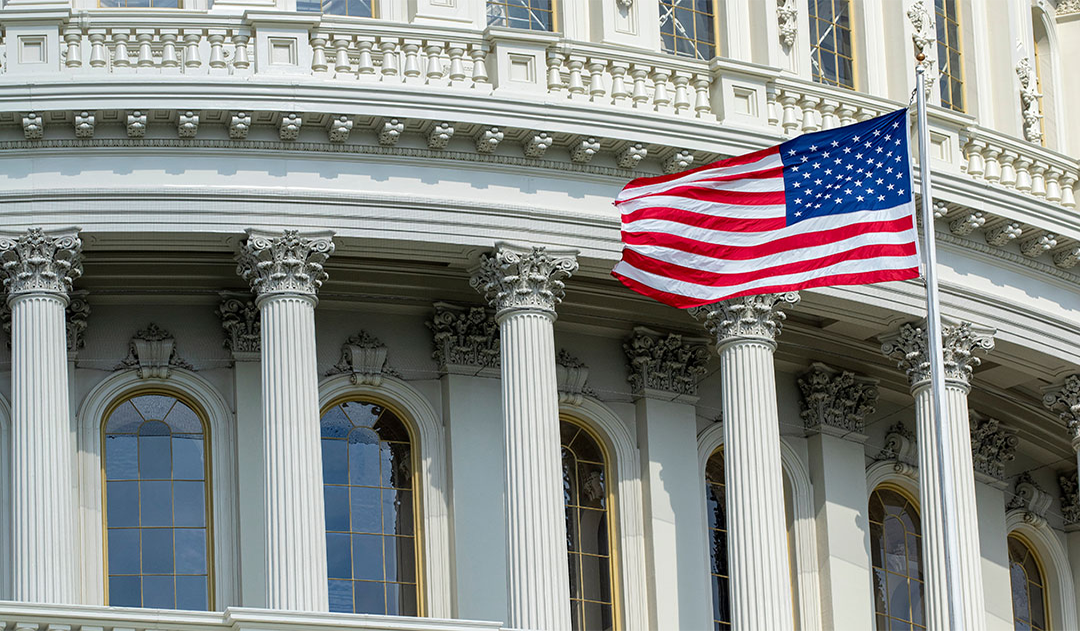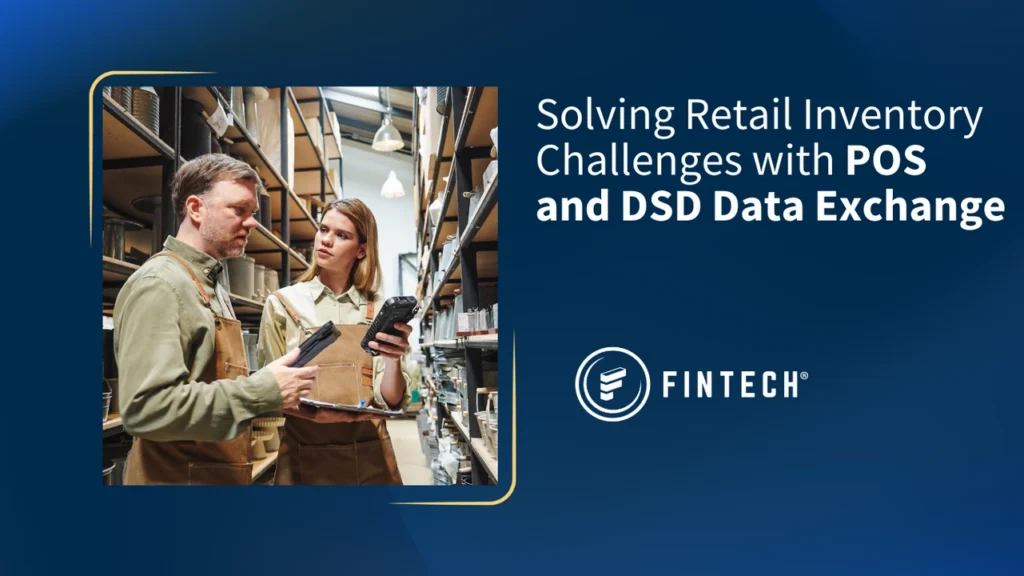COVID-related regulatory alcohol legislation has the potential to bring lasting changes to the industry.
Have you ever actually witnessed a snow blizzard in person? An immense number of snowflakes whipping around in the fierce wind, landing here, there, anywhere? Well, that’s kind of how alcohol legislation looks and feels this year. An immense number of bills are whipping around with fierce activity, and where they land could be here, there, and anywhere.
In previous years I have tracked approximately 150-175 legislative bills that relate to the alcohol industry. This year I am tracking more than 300!
Why the drastic increase? COVID-19.
I certainly don’t have to explain how significantly the COVID-19 pandemic affected the alcohol industry because you’ve already seen it and lived it. But what I can bring to light is how feverishly the industry has advocated for itself and is seeking to make regulatory changes.
It is truly remarkable and, dare I suggest, inspiring.
For the most part, many of the bills this year can be lumped into several trending categories that enhance consumer convenience and the “three-tier” reach.
Drinks To Go
While many states are still under some form of emergency or executive orders, the local on-premises retailers are enjoying a temporary allowance to sell drinks to go. Once these orders end though, the drinks to go allowance does too. For this reason, there are a number of states seeking to make to-go legislation permanent. Alabama, Colorado, Georgia, Illinois, Kansas, Kentucky, Pennsylvania, Tennessee, Virginia … just to name a few.
Delivery
Generally, the same bills that mention drinks to go are from states also seeking permanent allowances to have alcohol delivered immediately to the consumer. Some states are seeking only curbside delivery (in their own parking lot), others seek only self-delivery (by the licensee or their employee), and some states are seeking approval for third-party delivery.
Direct Shipping
At first glance, this one may seem the same as delivery, but the distinction has more to do with where the alcohol originates and how it gets to the consumer. While “delivery” refers to the act of transporting an immediate consumer order from a licensed retailer (on or off-prem), direct shipping is the act of transporting a consumer order from a manufacturer by a common carrier, like FedEx or UPS (though this line is becoming increasingly more blurred in some states!) At any rate, even though direct shipments of wine have been permitted in many states for many years, direct shipments of beer and spirits are now coming to the forefront. There are direct shipping bills in Alabama, Arizona, Arkansas, California, Hawaii, Indiana, Mississippi, New York, Rhode Island, Vermont, West Virginia … again, just to name a few.
Increased Retail Privileges for Manufacturers
In states that allow manufacturers to sell their products at retail (on the manufacturing or adjacent premises), there is proposed legislation that would increase the limits on how much the manufacturers can retail each year. Some of the states seeking to expand their privileges are Alabama, Florida, Georgia, Indiana, Oklahoma, and Texas. Wyoming has already passed legislation that goes into effect on July 1, 2021.
Common Consumption Areas/Extended Premises
After a year of enduring pandemic restrictions on bars and restaurants, outdoor consumption is where it’s at! Several states are actively pushing to allow common consumption areas, or commercial zones where a consumer may remove an alcoholic beverage from a licensed premises and consume it within a defined boundary outdoors (like Vegas, but smaller). Indiana, New Hampshire, New Jersey, Oklahoma, Texas, and Virginia are some of the states seeking these consumption areas through new alcohol legislation.
There are also several states that are seeking to permanently codify the ability to use their adjacent sidewalks and parking lots for outdoor consumption. They include Arkansas, California, and Delaware.
Seltzers
What is a seltzer anyhow? Hard (alcoholic) seltzers are created by fermenting sugar. That means they technically aren’t a beer, wine, or a spirit. So, while seltzers are flying off the shelves across the country and making headlines almost daily, they are still not fully incorporated into all state regulations (because of the fermented sugar thing). The following states are considering bills that will either add the term “seltzer” to the definition of beer or simply add sugar/glucose as a permitted ingredient in fermented beverages (beer): Alabama, Arizona, Delaware, Hawaii, Michigan, Montana.
Restricting Emergency Powers
In a surprisingly quiet manner, MANY states (too many to list) are rapidly advancing bills that will substantially limit the power of governors to declare a state of emergency and/or restrict commerce. Some states are suggesting that orders be limited to 15 days, some suggest 30 days, and some suggest 90 days. And nearly all states are requiring legislative approval before issuing extensions of emergency orders. Kentucky has already successfully passed its bill. The governor did veto it, but the legislature overrode the veto, so the bill stands as successfully passed. I expect this will be a recurring theme throughout the balance of the legislative session in each state.
The list of topics goes on and on. There are bills that call for loosening hours of sales and service, bills that would allow wine and spirits in grocery stores, bills that would reduce the allowable blood alcohol content (BAC), bills that would allow self-serve vending machines, bills that would privatize control state operations, bills that would affect pricing and happy hour offers, bills that would allow drive-thru/window sales and food truck sales, bill that would allow self-distribution (from manufacturer to retailer), and even a bill that would allow a tax holiday for off-prem beer sales on the 4th of July!
While I can’t forecast how each of the bills will progress through their respective legislatures, I am fully willing to forecast that this is only the beginning. The bills that don’t receive full consideration this session will most likely be back in 2022.
We have come a long way since prohibition, but I think it’s fair to say that the COVID-19 pandemic has catapulted the industry to the verge of significant industry modernization through new alcohol legislation. So, fasten your seatbelt, engage the 4-wheel drive, and push through this legislative blizzard. I think we will all find sunshine and blue skies on the other side of the storm.






